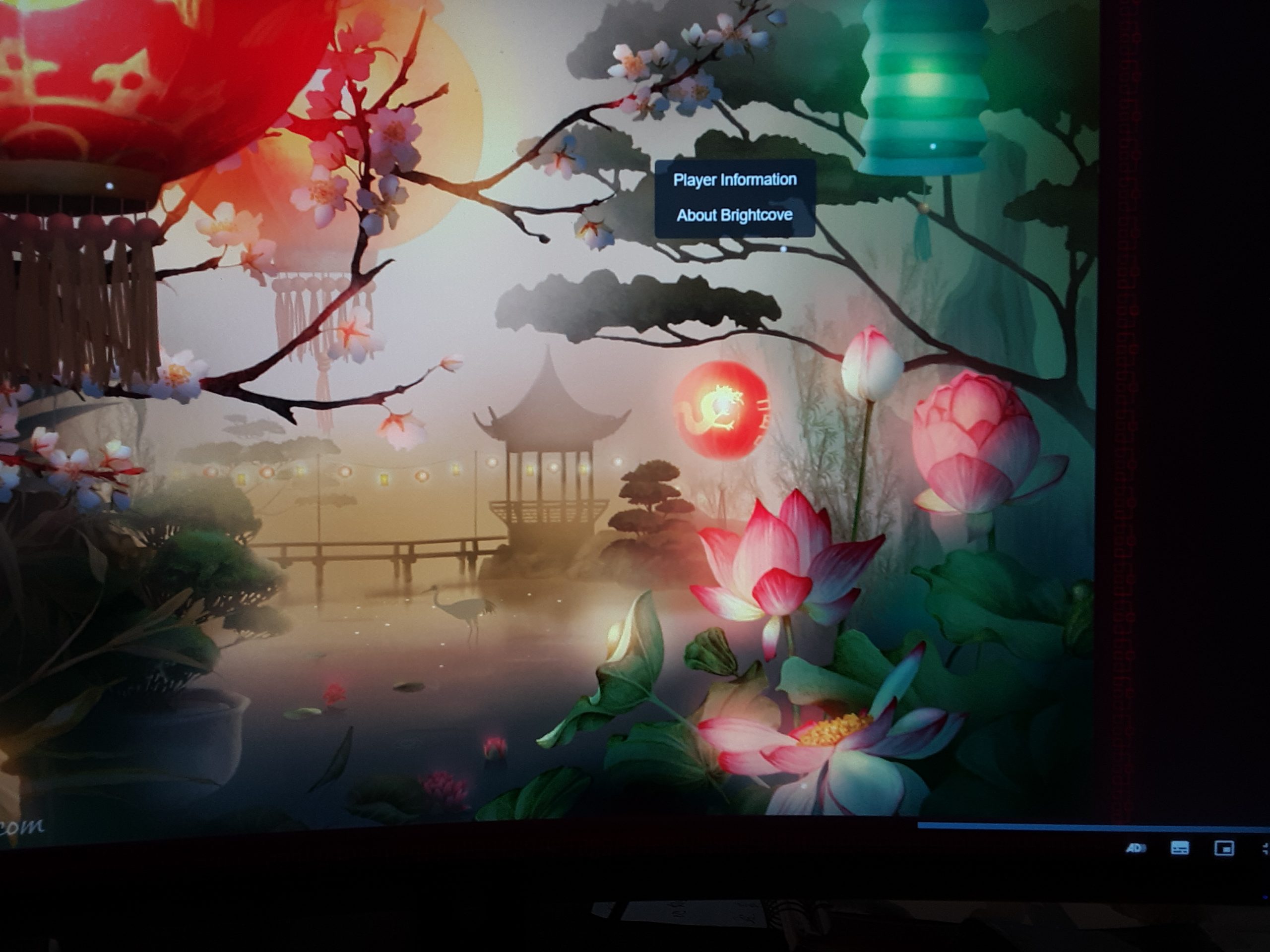Solving Suffering
We have the four inevitable sufferings of birth, aging, sickness, and death, and also eight, adding to these the four common ones of parting with the beloved, meeting with the hated, not attaining the desired, and, in short, the sufferings that arise from the five aggregates of form, feeling, idea, formation, and consciousness. Now we are endangered by nuclear holocaust and demise of the global life system, even by one man decision. We have threefold suffering of individual, social, and ecological.
The causes of them are thirst for the common ones and fundamental nescience for the inevitable ones. Nescience (a-vijjā/a-vidyā, cf. Latin video) means no witness of nirvana (no wind, of karma) and the world in it due to our being karma-machines, like a mouse continuously running on a treadwheel, not stopping to sit still, settle in nirvana, and see the Dharma, serving and saving all. Karma imbued with the triple poisons of desire, divisiveness, and delusion is the culprit of all suffering.
The Buddha said that all living beings are karma-birthed, -heirs, -owners, -machines, and -refuged. He clarified that there is no self-substance with self-sameness (permanent) and self-sovereignty (wishful) entities due to the Dharma (Truth/Law) of all dharmas (phenomena), Dependent Co-origination. The key practice of sitting still, which anyone can do, is to still karma, settle in nirvana (nir-vāṇa = ni-vāta: no-wind, of karma), and see the Dharma, serving and saving all.
The triple poisons and the “triple only” (only me, only now, and only money) make individual, social, ecological suffering, but can be cured by the triple learnings of morality, concentration, and prognosis. The fundamental morality lies in the five and ten precepts. Concentration is attained in sitting meditation. Prognosis is provided by nirvana/awakening. These are put into the eight holy ways. We all must work together as friends in need to solve individual, social global problems.
January 5, 2024 C.E.
Notes.
- The practice of zen (jhāna/dhyāna: meditation), the key and core practice of za-zen, sitting meditation, is to still karma, settle in nirvana, see the Dharma, and serve and save all. This process is categorized in the Four Zen Stages and the Eight Concentration (samādhi) Stages (actually Four Zen Stages plus Four Concentration Stages combined, going together).
- The solution of the global problematique, interrelated global problems such as global warming, mass extinction, nationalism, war, nuke, dictatorship, dogma, discrimination, prolusion, poverty, requires the global ethic (issued by the Parliament of the World’s Religions in Chicago in 1993 with more than seven thousand people from all religions and from all over the world attending), which is based on the Five Precepts (and the fundamental common elements in the Ten Precepts, the Ten Commandments, etc.).
- Ernst Cassirer defined humans as homo symbolicum in his Philosophy of Symbolism, its summary An Essay on Man, where humans are described as skillful in handling the symbolisms of language, myth, religion, art, science, history, etc. The Myth of the State is an important work that to shows how states operate and how people are misled to wars and even nuclear demise.
- We must abolish a system that allows one or a few to use nuclear bombs to devastate the whole world, even to the point of destroying the total global system, together with the nationalism, nukes, war, dictatorship, discrimination, and dogmatism that make it possible.
- The Five Precepts are essential ethic to keep the social and ecological holiness (wholly wholesomeness). No killing is to keep life, which is the key for anyone to fully develop one’s potential in the holy way and world. No stealing is to keep material base to live holy. No lying is to keep social base to live holy. No sexual misconduct is to keep the gender/generation base to live holy. No intoxicant is to keep the mental base to live holy.
- The eight holy ways/paths are right view (holy, rational, scientific, etc. philosophy, religion, etc. with holiness, rationality, sciences, etc.), right thinking (process with rationality, sciences, etc.), right speech (honest, logical, loving, etc.), right action (compassionate, helping, gentle, etc.), right livelihood (harmless, beneficial, constructive, etc.), right striving (moderate, continuous, etc.), right mindfulness (calm, clear, wide, deep, etc.), right concentration (even, constant, detached, free, full, etc.).
- A paradigm shift from our artificial, unilateral pyramidal civilization to a natural, cyclical Indra-net life culture for sharing life, heart, and harmony with the five blisses (awakening, freedom, equality, friendship, and peace) is essential to solve the global problematique. Culture is the cultivation of our potential in truth, goodness, beauty, and holiness (cf. sciences, philosophies, arts, and religions).
Please refer to the following for more detailed explanation:
苦を解く
私達は不可避の生老病死の四苦、これに加えて普通の求不得苦、愛別離苦、怨憎会苦、要するに、形態・感受・観念・形成・意識の五蘊盛苦の八苦を持っています。今や、一人の人間の決定によってさえ起きうる地球生命系への核の冬や破滅の危機に曝されています。私達は個人、社会、生態系の三重の苦を持っています。
これらの原因は普通のものでは渇愛、不可避のものでは根本無明です。無明(a₋vijjā/a₋vidyā, ラテン語 video参照)は私達が、鼠が踏み車を走り続け、辞めて静坐し、涅槃に入り、法を見、一切に奉仕し救済しないように、業機械であることにより涅槃(nir-vāṇa = ni-vāta:無風、業の)とその中の世界を確証しないことです。貪瞋痴三毒の浸透した業が一切苦の張本人です。
ブッダ(覚者)は一切衆生は業—誕生者、—相続者、—所有者、—機械、—依拠者であると言いました。彼は、諸法(現象)の法(真理/倫理)である縁起の故に自己同一(永住)と自己主宰(意欲通り)の実態をもった自己物質は存在しないことを明らかにしました。誰でも出来る静坐の鍵となる実践は業を静め、涅槃に安住し、法を見、一切に奉仕し救済します。
三毒と三だけ(自分だけ、今だけ、金だけ)は個人的、社会的、生態的苦を作りますが、戒定慧の三学で治され得るのです。根本の戒は五戒、十戒にあります。定は坐禅により得られます。般若(知恵:診断・治療)は涅槃/覚醒が提供します。これらは八聖道にされています。私達は皆個人的、社会的、地球的問題を解決する為に必要の時の友として共に働かなければなりません。
2024共通年1月5日
註:
1.禅(jhāna/dhyāna: 瞑想)、鍵となり核となる坐禅の実践、は業を静め、涅槃に安住し、法を見、一切に奉仕し救済する。この過程は四禅と八定(samādhi)である(実際には四禅と四定は一緒で結合している)。
2.地球問題群、地球温暖化、大量絶滅、国家主義、戦争、核、ドクサイ、独断、差別、汚染、貧困の様な相互関連した地球諸問題、は(1993年シカゴで世界中から諸宗教の七千人を超える人々が集まった世界宗教会議により発出された宣言)地球倫理を必要とするが、これは(不殺、不盗、不偽、不淫、不飲酒の)五戒(と仏教他の十戒の基本的共通要素)に基づいている。インターアクション協議会は世界人務宣言の草案を作り国連が発出するように提出したが今に至るも棚上げされたままである。
3. エルンスト・カッシラーは人間を言語、神話、宗教、芸術、科学、歴史などの象徴を巧く操るものであるとする「象徴の哲学」やその要約である「人間」等で「象徴人間」と定義しました。「国家の神話」は諸国家がどのように機能するかそしてどのように人々が戦争やさらには核の破滅に誤り導かれるかを知るのに重要である。
4. 私達は一人や少数の人が、国家主義、核、戦争、独裁、佐s別、独断をもって、全世界を破壊し、全地球系を破滅させるに至る極点にも到る核爆弾の使用を可能にするような事を許してはならない。
5. 五戒は社会的・生態的聖性(全体健全)を維持する為の必須の倫理である。不殺生は聖道と聖世界で自らの潜在能力を十分に発達させる為の鍵である生命を保つことである。不偸盗は聖に生きる為の物質的基礎を保つことである。不虚偽は聖に生きる為の社会的基礎をたもつことである。不邪淫は聖に生きる為の性・世代の基礎を保つことである。不飲酒は聖に生きる為の心的基礎を保つことである。
6. 八聖道は正見(聖性・合理性・諸科学などのある哲学、宗教等)、正思(合理的・諸科学のある思考過程)、正語(正直・論理・愛情のある等)、正行(慈悲・援助・柔和等のある)、正業(不傷害・慈善・建設的など)、正精進(中庸・継続的など)、正念(平静・明澄・広汎・深甚などある)、正定(平静・常時・解放・自由・十全などある)。
7. 私達の人工的で一方向の金字塔文明から命・心・和の分かち合いによる五福(覚醒、自由、平等、友情、平和)をもつ自然的で循環的な命帝網文化への枠組転換が地球問題群を解決する為には必須である。文化は私達の真善美聖(参考:諸科学、諸哲学、諸芸術、諸宗教)における潜在能力を修養することである。
詳細説明は下記を参照:
Click to play:

